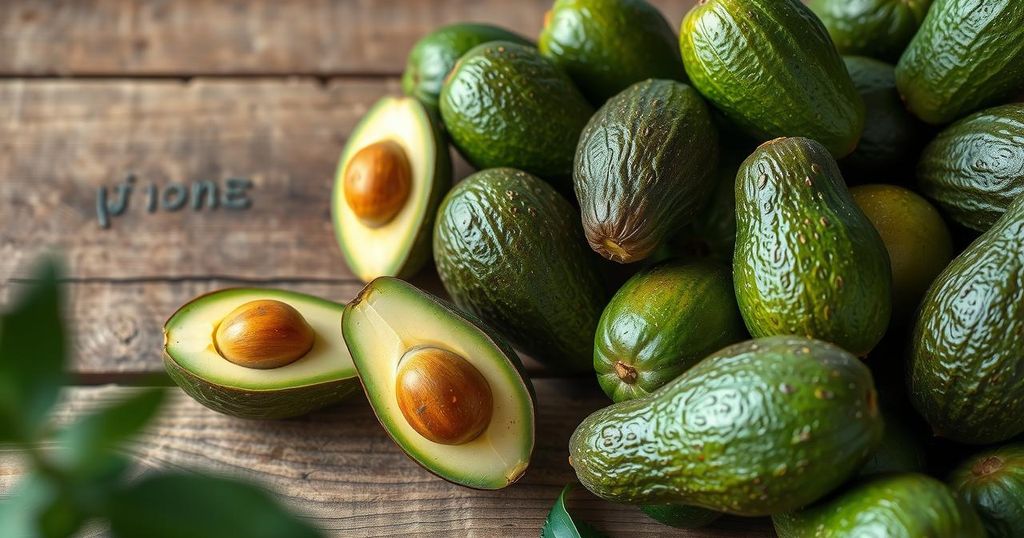The Lancet study predicts India will have 450 million obese individuals by 2050, compared to the current 180 million. This growth may strain health services and increase risks of various diseases. Prime Minister Modi has urged citizens to reduce oil consumption to combat obesity, while experts recommend limiting processed food intake and opting for healthier oils.
A recent study published in the prestigious journal Lancet reveals that obesity is poised to escalate to epidemic levels in India, with projections of 450 million obese individuals by 2050, up from the current figure of 180 million. This alarming growth is set to impose significant strain on health services, particularly in resource-limited nations. Furthermore, the Lancet report indicates that over half of the world’s adults classified as overweight or obese in 2021 resided in just eight countries: China, India, the USA, Brazil, Russia, Mexico, Indonesia, and Egypt.
According to Lancet, should the current trends persist, global obesity rates among adults are expected to increase from 43.4 percent in 2021 to approximately 57.4 percent for men by 2050. In this scenario, China is projected to have the highest number of overweight and obese adults at 627 million, with India following closely behind at 450 million and the United States at 214 million.
The study highlights a concerning trend where newer generations are experiencing accelerated weight gain compared to their predecessors, leading to a higher risk of developing health issues such as Type 2 diabetes, hypertension, cardiovascular diseases, and various cancers at younger ages. This has garnered increased attention in India, particularly following Prime Minister Narendra Modi’s mention of obesity during his recent ‘Man ki Baat’ radio address.
During his address, Prime Minister Modi encouraged citizens to take proactive measures against obesity, specifically suggesting a reduction in oil consumption by ten percent each month. He stated, “By making small changes in our eating habits, we can make our future stronger, fitter, and disease-free.” This initiative is aimed at fostering healthier lifestyles through modest dietary adjustments.
Health professionals emphasize that processed foods, high in hydrogenated oils and salt, have become significant contributors to weight gain. These oils are prevalent in many processed items and are commonly used as cooking mediums due to their low cost. Experts recommend that individuals limit their daily oil consumption to no more than 20 ml, equivalent to two teaspoons, and prefer healthier oil alternatives such as mustard, groundnut, or coconut oil to mitigate health risks.
The Lancet study underscores the urgent need to address the rising obesity rates in India, predicting a major public health crisis by 2050. With a focus on diet and lifestyle changes, individuals and policymakers are urged to take action to combat this growing epidemic. Healthy eating practices, particularly reducing the consumption of harmful processed foods and oils, will be critical in shaping a healthier future for India.
Original Source: www.ndtv.com




